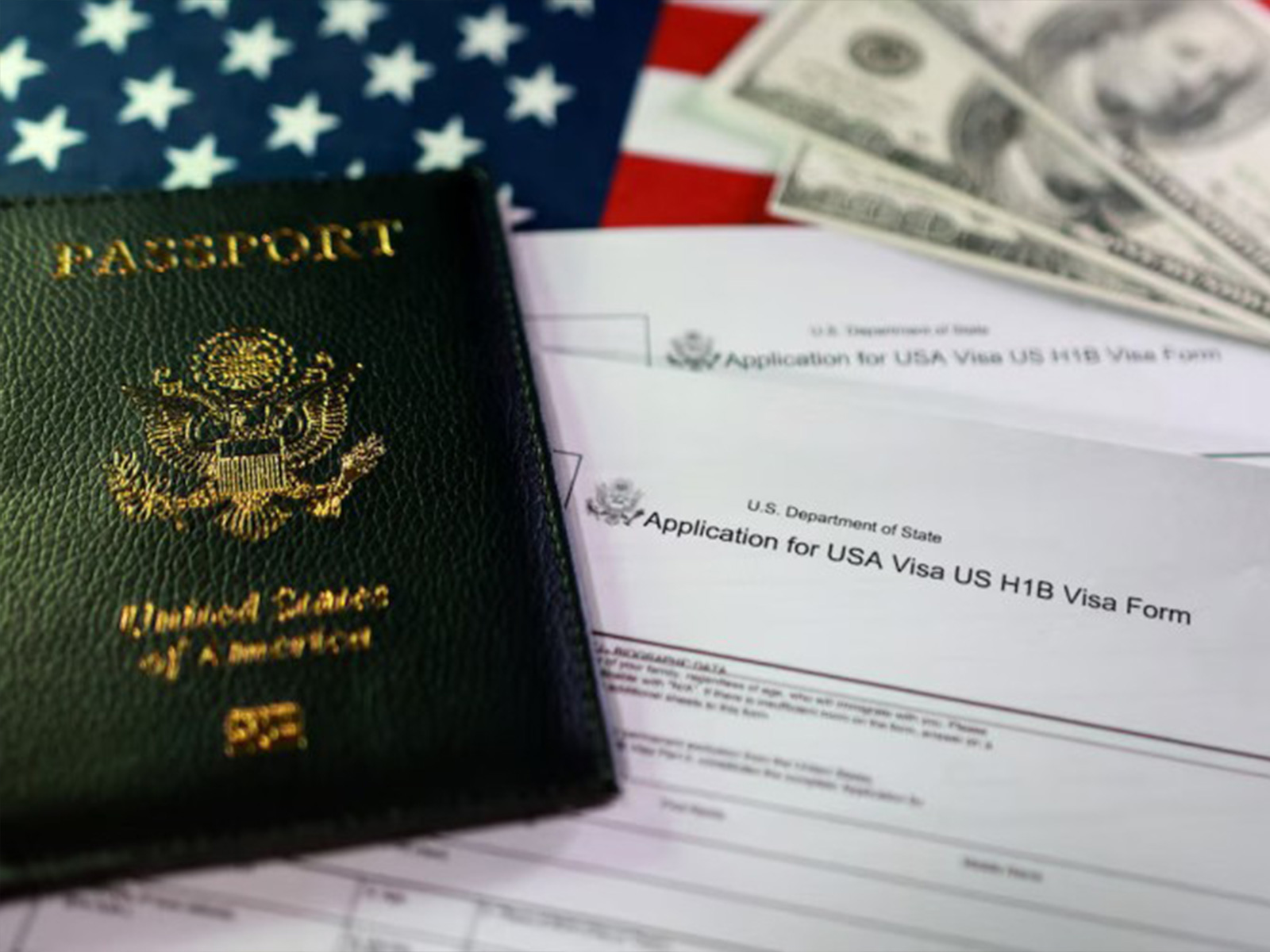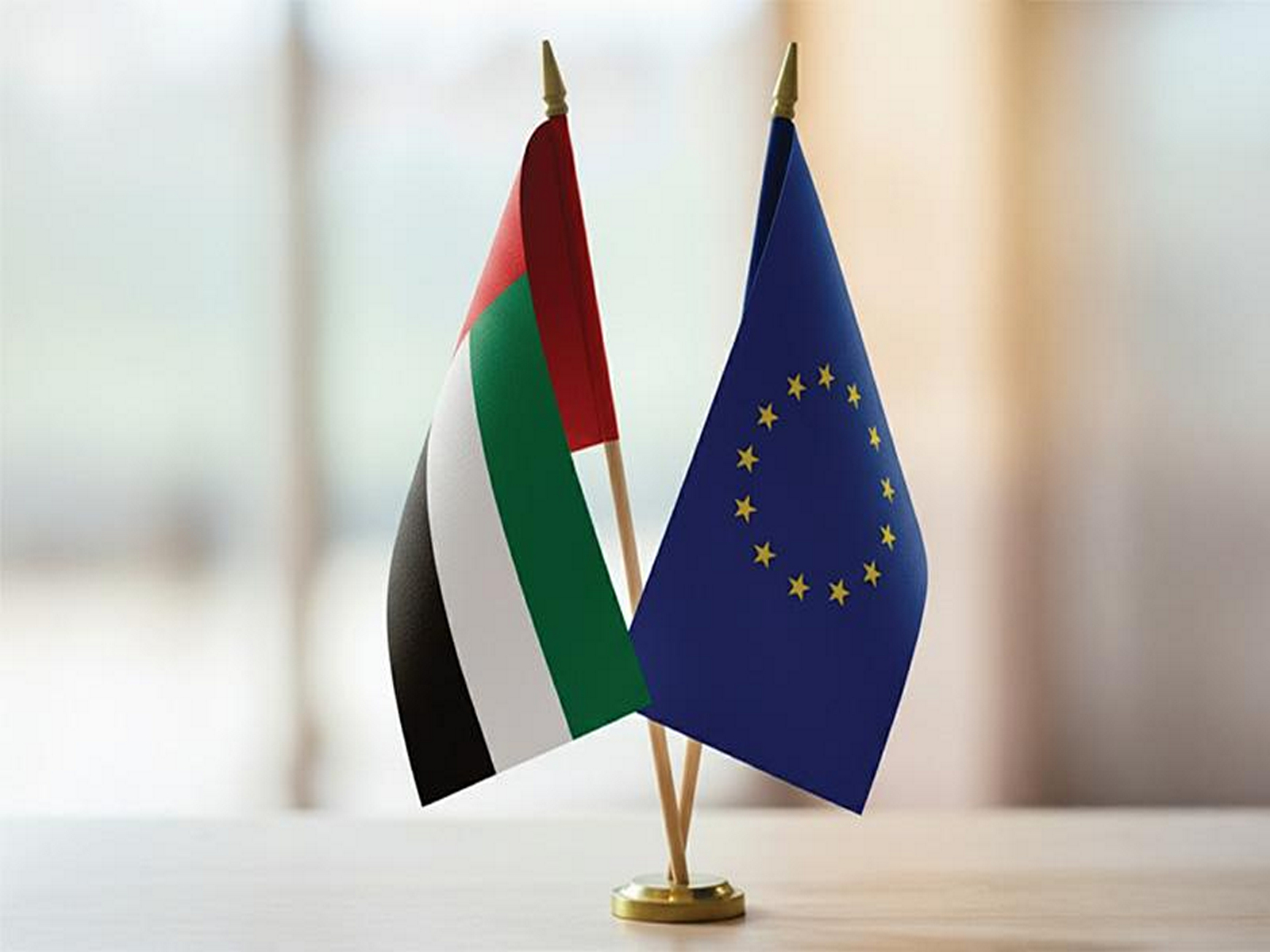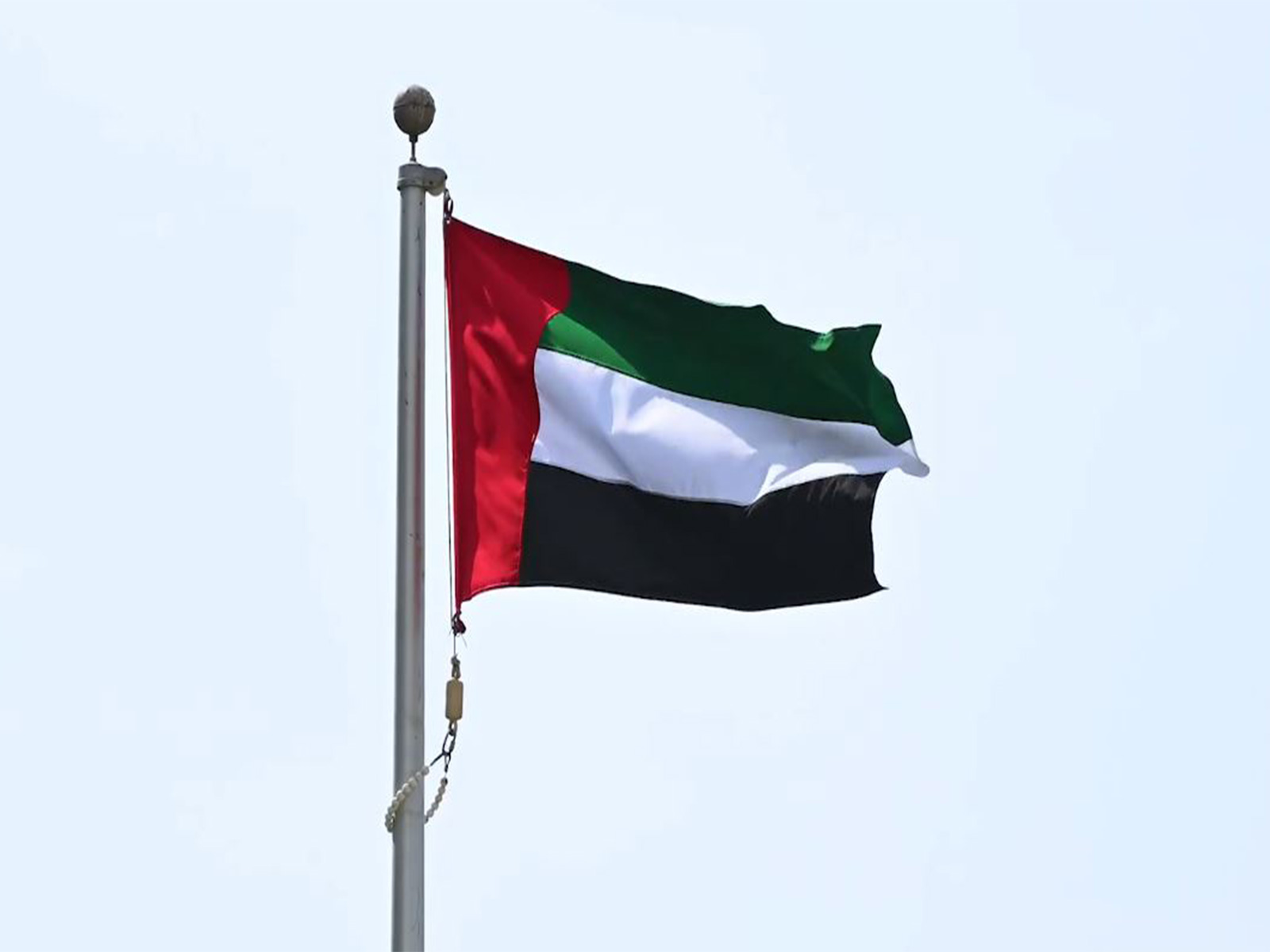China slams UN report on Xinjiang and calls it 'farce'
Sep 01, 2022

Beijing [China], September 1 : China on Thursday slammed the UN human rights office over a report that found Beijing's crackdown on ethnic minorities in Xinjiang and called the finding a "farce".
Hours after the release of much awaited UN report which stated that China has committed "serious human rights violations" against the Uyghur, Liu Yuyin, spokesperson for the Chinese mission to Geneva, called the "so-called 'assessment' on Xinjiang" a "farce" and a politically motivated attempt to smear China.
"The so-called "assessment" is purely a farce plotted by some Western countries and anti-China forces. They have been consistently pressing the High Commissioner and the OHCHR, and demanding the release of a so-called "assessment" on Xinjiang, so as to bring ammunitions to their political manipulation of Xinjiang-related issues. It is completely a politicized document that disregards facts, and reveals explicitly the attempt of some Western countries and anti-China forces to use human rights as a political tool," Liu said in a statement released by the mission.
The report was published just minutes before the end of U.N. Human Rights Commissioner Michelle Bachelet's four-year term and after months of unexplained delays.
The report also stated that China has committed to "other predominantly Muslim communities" in Xinjiang Uyghur Autonomous Region (XUAR).
OHCHR comes in the wake of the visit by Bachelet in May, who said that "allegations of patterns of torture, or ill-treatment, including forced medical treatment and adverse conditions of detention, are credible, as are allegations of individual incidents of sexual and gender-based violence."
Published on Bachelet's final day of her four-year term in office, the report said that the violations have taken place in the context of the Chinese Government's assertion that it is targeting terrorists among the Uyghur minority with a counter-extremism strategy that involves the use of so-called Vocational Educational and Training Centres (VETCs), or re-education camps.
In a strongly-worded assessment at the end of the report, OHCHR said that the extent of
arbitrary detentions against Uyghur and others, in the context of "restrictions and deprivation more generally of fundamental rights, enjoyed individually and collectively, may constitute international crimes, in particular crimes against humanity."
The assessment was initiated following serious allegations of human rights violations against Uyghurs and other predominantly Muslim communities brought to the attention of the UN Human Rights Office and UN human rights mechanisms in late 2017, particularly in the context of the Chinese Government's policies and measures to combat terrorism and "extremism".
The OHCHR said that the government policy in recent years in Xinjiang has "led to interlocking patterns of severe and undue restrictions on a wide range of human rights." Even if the VETC system has as China says, "been reduced in scope or wound up", said OHCHR, "the laws and policies that underpin it remain in place", leading to increased use of imprisonment.
The systems of arbitrary detention and related patterns of abuse since 2017, said OHCHR, "come against the backdrop of broader discrimination" against Uyghur and other minorities.
"This has included far-reaching, arbitrary and discriminatory restrictions on human rights and fundamental freedoms, in violation of international laws and standards", including restrictions on religious freedom and the rights to privacy and movement.
The assessment is based on a rigorous review of documentary material currently available to the Office, with its credibility assessed in accordance with standard human rights methodology.
Particular attention was paid to the government's laws, policies, data and statements. The Office also requested information and engaged in dialogue and technical exchanges with China throughout the process.
The information was assessed against applicable international human rights law and builds on the work of a number of UN human rights mechanisms.
It is pertinent to mention that the UN's assessment comes at the time when Chinese President Xi Jinping is poised to break with tradition by taking on a third term.




















